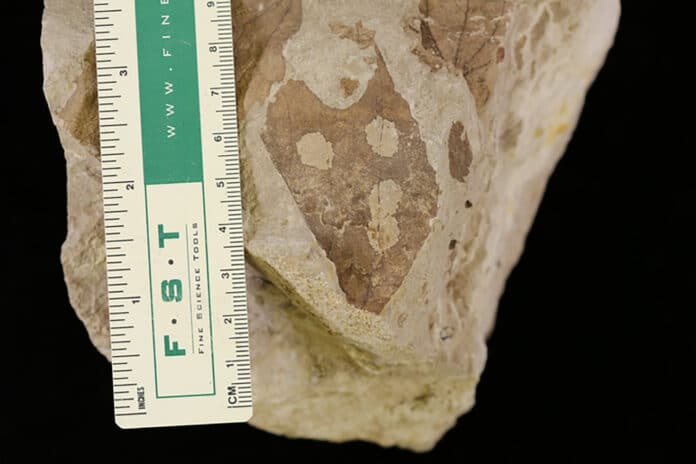Plants and insects are the most diverse lineages on earth, but their interactions in the face of climate and other global changes are poorly understood. A new study by the University of Wyoming scientists suggests that- despite declining numbers of insects, insects are causing unprecedented levels of damage to plants.
This is the first of its kind of study that compares insect herbivore damage of modern-era plants with that of fossilized leaves from as far back as the Late Cretaceous period.
The study compared fossilized leaves from three different current woods with those from the Late Cretaceous to the Pleistocene, which spans around 2 million years ago. The thorough investigation examined several insect-related damages and discovered significant increases in all contemporary damage compared to the fossil record.
The lead researcher, UW Ph.D. graduate Lauren Azevedo-Schmidt said, “Our work bridges the gap between those who use fossils to study plant-insect interactions over deep time and those who study such interactions in a modern context with fresh leaf material. The difference in insect damage between the modern era and the fossilized record is striking.”
Scientists noted, “Our results demonstrate that plants in the modern era are experiencing unprecedented levels of insect damage, despite widespread insect declines.”
“More research is necessary to determine the precise causes of increased insect damage to plants, but the scientists say a warming climate, urbanization, and introduction of invasive species likely have had a major impact.”
“We hypothesize that humans have influenced (insect) damage frequencies and diversities within modern forests, with the most human impact occurring after the Industrial Revolution. Consistent with this hypothesis, herbarium specimens from the early 2000s were 23 percent more likely to have insect damage than specimens collected in the early 1900s, a pattern linked to climate warming.”
“But climate change doesn’t fully explain the increase in insect damage.”
“This research suggests that the strength of human influence on plant-insect interactions is not controlled by climate change alone but, rather, how humans interact with the terrestrial landscape.”
Journal Reference:
- Lauren Azevedo-Schmidt et al. Insect herbivory within modern forests is greater than fossil localities. PNAS. DOI: 10.1073/pnas.2202852119
